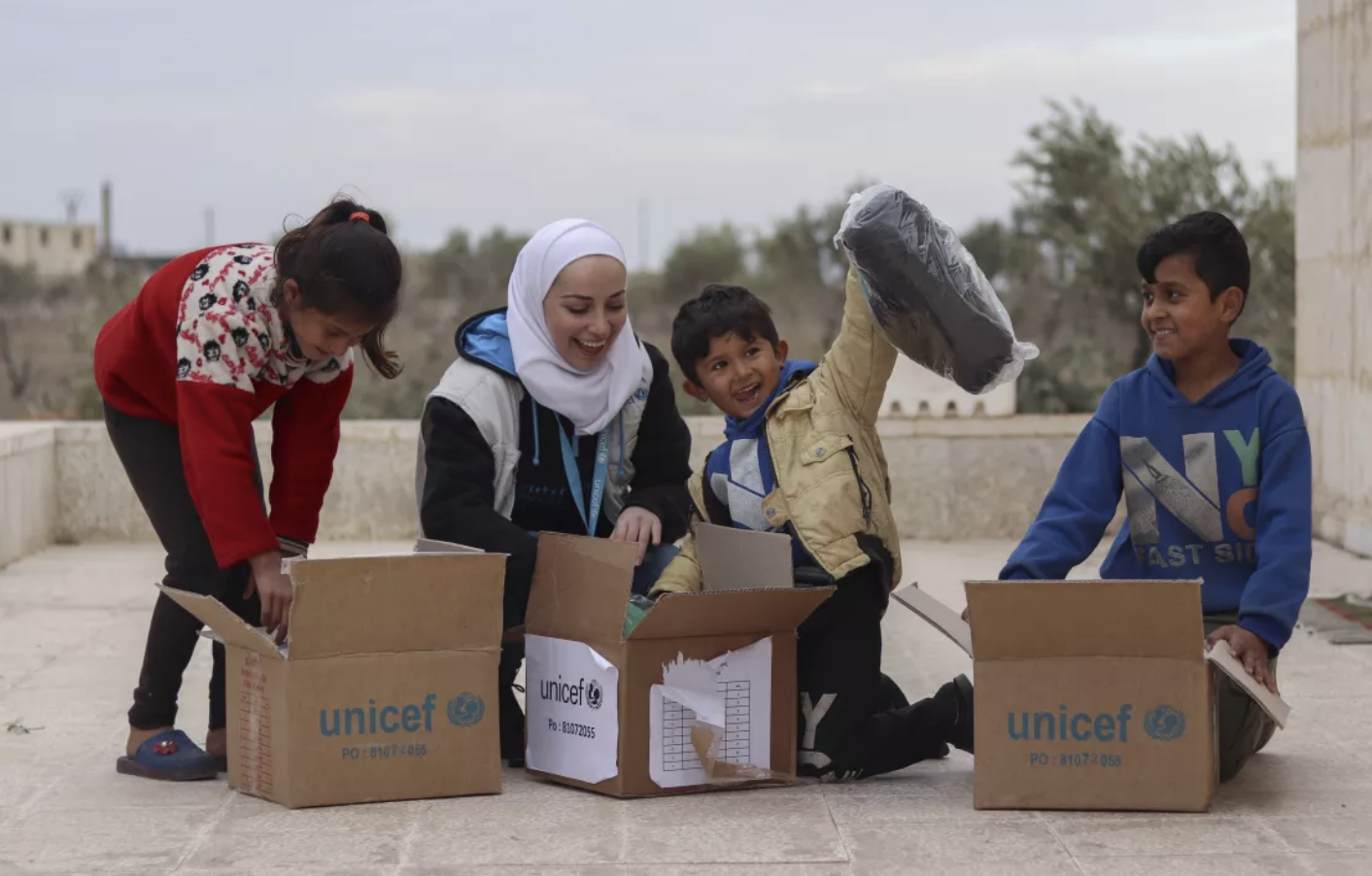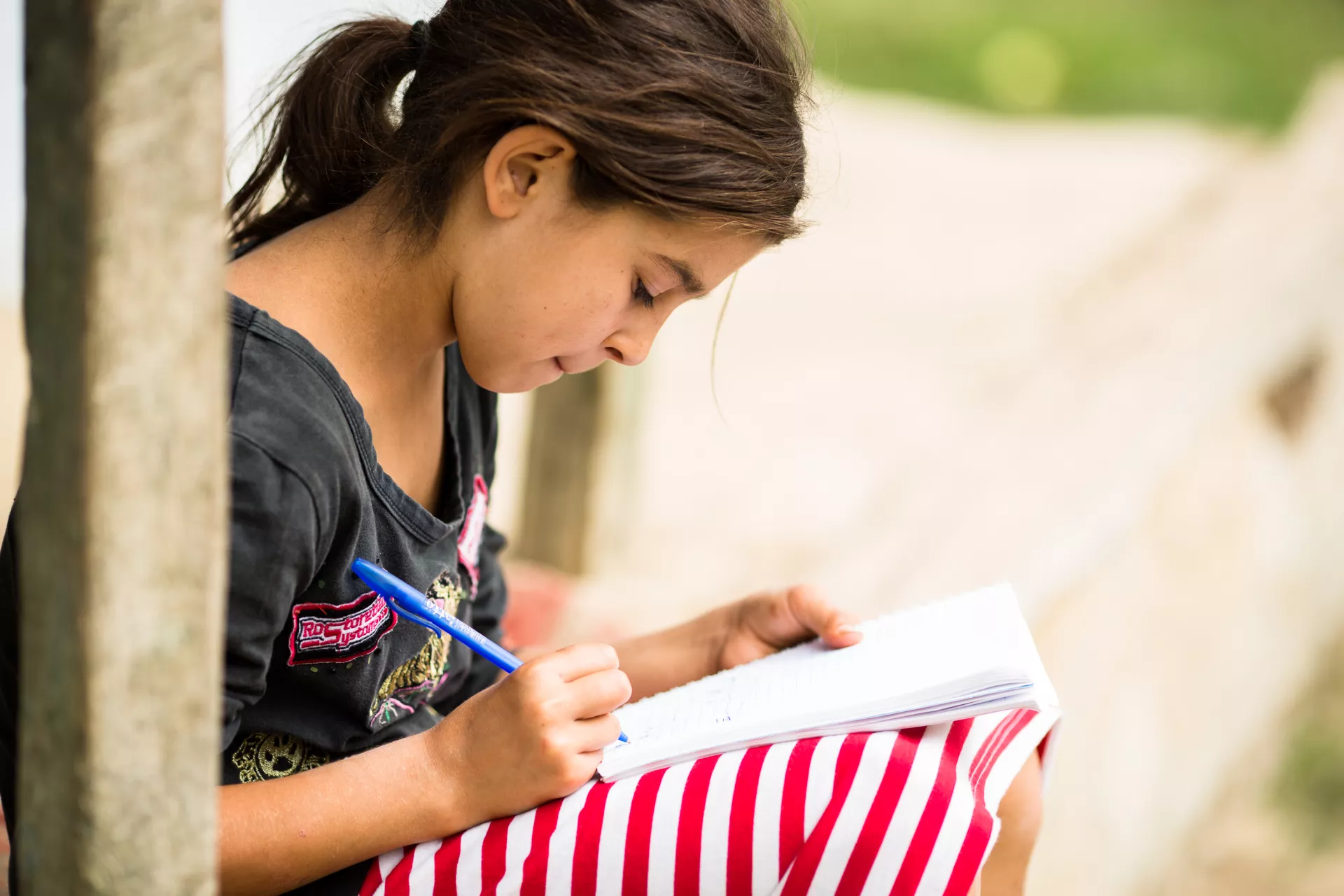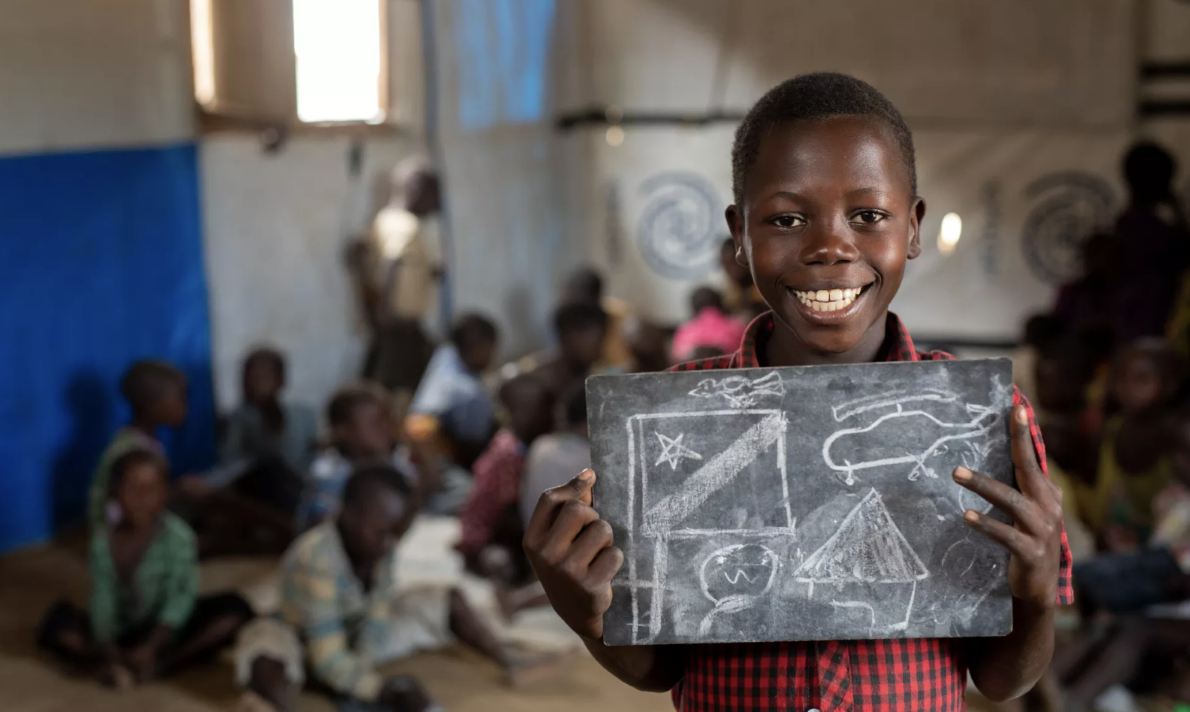Education in Tibet
How China Is Waging a War Against Tibetan Identity
A 2023 report published by the Human Rights Council revealed that almost one million Tibetan children have been separated from their families and forced into Mandarin-only residential schools. These institutions, lacking any meaningful medium for Tibetans to explore their own language, culture and history, are geared towards the forceful assimilation of Tibet's youngest generations into Han culture and society, running contrary to the values of the OHCHR and UNICEF alike.
The Residential School System
Systematic Cultural Erasure
Apart from a Mandarin-only education, Tibetan students are faced with an educational context and environment solely built around Han culture, with textbooks reflecting almost solely the lived experience of Han students. Traditional religious practice is completely forbidden.
Language Suppression
Mandarin-only instruction eliminates Tibetan language learning and cultural transmission
Cultural Erasure
Textbooks reflect only Han Chinese experiences, erasing Tibetan history and perspectives
Religious Prohibition
Traditional Buddhist practices and religious education are completely forbidden
Extended Separation
Children stuck in institutions for weeks due to distances from home communities
Psychological Impact
Additionally, testimonies of Tibetans who have experienced this system firsthand have documented intense political indoctrination and severe psychological harm inflicted on children, who are often stuck in these institutions for weeks at a time, often due to the huge distances between their homes and these schools. This gives ample time for them to completely lose their Tibetan heritage, severing the connection between them and their parents, who are often faced with threats and intimidation to send their children to these institutions.
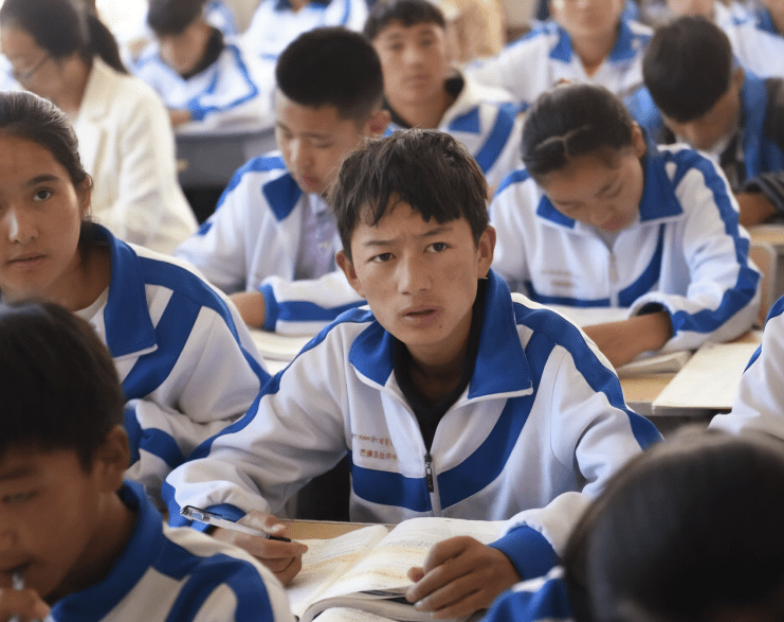
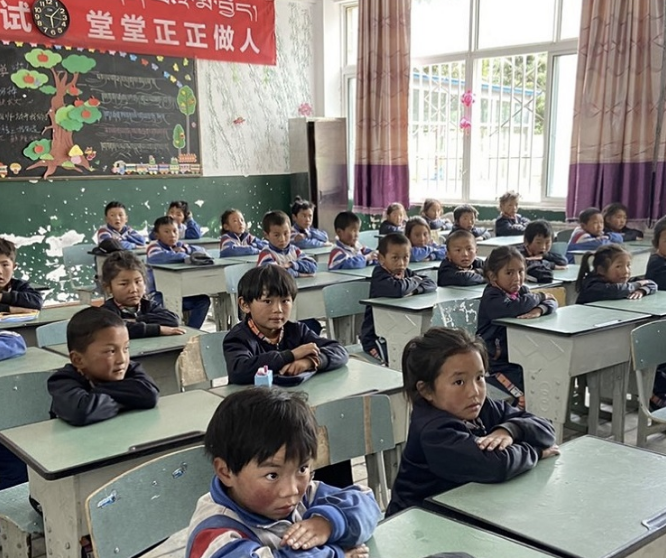
What Constitutes Quality Education
UNICEF's Standards for Quality Education
Clearly, this form of education is not what UNICEF may call "quality education", one of the tenets it strives for each child to have. Quality education:
Community Preparation
Prepares students to thrive in their communities and future jobs
Safe Environment
Requires a safe and friendly environment
Qualified Teachers
Employs qualified and motivated teachers
Native Language
Uses languages the students understand
❌ FAILING ALL STANDARDS
What almost one million Tibetan children are experiencing checks none of these points, and so can barely even be called education. Because these programs are not meant to educate, but ultimately serve the political goal of creating obedient citizens of the Chinese state, which sees the Tibetan identity as a threat to its territorial integrity, due to the possibility of Tibetan separatism.
Our teachers drove us to hate our heritage, our elders, even our parents… We felt ashamed of our cultural background.
— Former boarding school student
Historical Parallels
Echoes of Past Injustices
These Tibetan residential schools in many ways mirror the American Indian residential schools, where Native American children encountered similar human rights abuses and similarly lost touch with their culture, resulting in their assimilation as part of the wider Native American genocide. In fact, China's current Ethnic Minorities commissioner, Pan Yue, has cited such projects as America and Israel as inspirations for his policies.
American Indian Schools
Forced assimilation, cultural erasure, family separation, and systematic abuse of Native American children
Tibetan Schools Today
Mandarin-only education, Han cultural indoctrination, family separation, and elimination of Tibetan identity
Systematic School Closures
As Xi Jinping's government presses on with its Han-supremacist agenda, Tibetans find themselves with increasingly little options for a quality education that honours their identity and heritage, with the government closing down Tibetan-language schools left and right, and forbidding monasteries from educating the community, as is Tibetan tradition.
The Last Beacon Falls
A case in point is the government-coerced closure of the Jigme Gyaltsen Nationalities Vocational High School, located in a Tibetan area in Qinghai province.
Jigme Gyaltsen Vocational High School
Closure Date: July 14th, 2024
Legacy: Widely celebrated as the last remaining beacon of Tibetan-language education, celebrating Tibetan traditional and modern culture for three decades
Impact: Its closure was marked by widespread mourning by Tibetan society
The Future at Stake
If these policies, which could be described as cultural genocide, continue, and there is no sign of them stopping anytime soon, Tibetan society may suffer an irreversible blow, that dooms it to be subsumed, and we may soon lose one of the world's most unique and beautiful cultures.
UNICEF's Response
Monitoring & Documentation
Working with UN partners to document human rights violations and advocate for international attention to the crisis
Rights Advocacy
Promoting children's rights to education in their native language and cultural preservation as fundamental human rights
International Pressure
Collaborating with international bodies to apply diplomatic pressure for policy changes and protection of minority rights
Educational Standards
Advocating for quality education standards that respect cultural diversity and linguistic rights of all children
How You Can Support UNICEF
The preservation of Tibetan culture and the protection of children's rights requires global awareness and action. Every voice matters in this critical moment.
🏔️ PRESERVE TIBETAN CULTURE
One million Tibetan children are losing their identity. We cannot let one of the world's most beautiful cultures disappear. Act now before it's too late.

